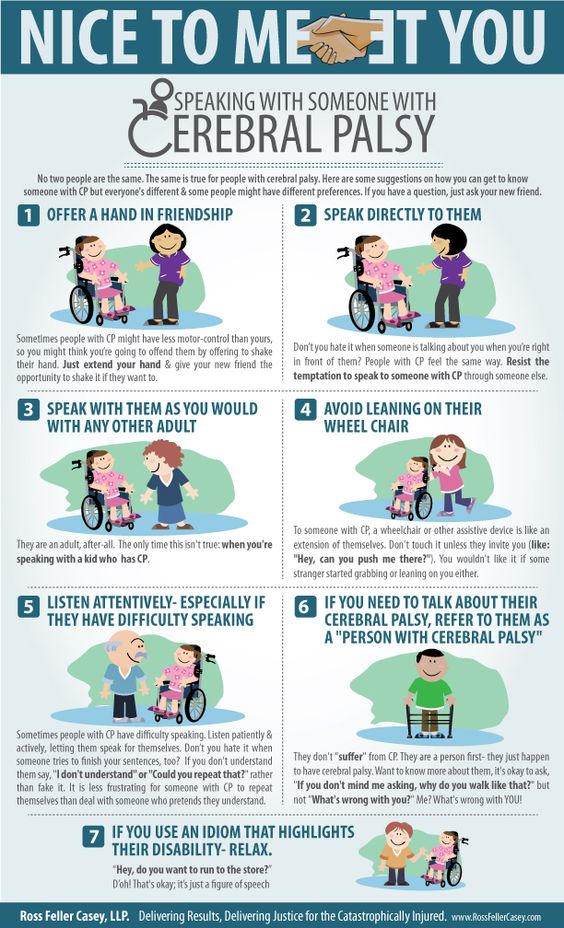How do I speak to someone who uses AAC?
We’ve asked two bloggers, Jill and Claudia, to share with us some of their top tips for communicating with someone who uses AAC, or who has a speech difficulty.
In some of our previous blogs we have heard from Jill, who uses an AAC device (very similar to Stephen Hawking’s!) to speak and communicate. Claudia does not use AAC, but has a speech difficulty as a result of her CP, and so faces a different set of challenges when communicating. Below, they’ve each given us some advice on speaking to someone when they do have a disability, and what you can do to make sure that the person you are speaking to feels as though they are being heard.
Jill
If you meet someone who can’t talk themselves and is using a communication device, symbols or something else, don’t be scared to talk to them because they can’t talk like you. Just talk to them as normal, because they are just normal.
When you talk to someone with a disability, it is good to wait and listen to them, so that you can try to understand what they are trying to say. Some people may not know how to say it right or maybe they aren’t able to talk clearly. Also, be patient. If you can’t work out what they are saying try to work it out by asking them a few questions. If the person is taking time to say sentences don’t jump in and finish it for them.
Body language is really important when you are talking to someone. It is good to be face to face with someone and have eye contact. Don’t be right in their face when you’re talking to them.
If you are talking to an adult with a disability don’t speak to them as a baby, because they are adults just like you. Some people with a disability find it a bit difficult to understand what people are saying, so try to explain more what about what you are saying.
If you are talking to someone who uses AAC to talk, like a Communication device or symbols, give them a chance for them to say what they want. I know that it may take some time for them to get sentences together, but they have the right to speak like everyone else.
Jill’s ‘Top Tips’ on speaking to someone who uses AAC
- Face them when you are talking to them
- Don’t finish their sentence for them and guess what they are saying just wait until they finish their sentence
- If you are in a group and someone with an AAC device wants to say something the group should wait until they talk don’t talk over them
As I am a person who can’t talk and who uses a Communication device, I see that a lot of people don’t know how to talk to me and it is sad because communication is most important thing in life! However, I hope these tips will help people to understand how to better communicate with disabled people.
Claudia
Communication is something that people do every day, however people with Cerebral Palsy may have different ways of communicating. They may take longer than others to say simple words or sentences, some may have a stutter and some may use an AAC communication advice. No matter how people communicate, they are just like you!
Some people with speech difficulties may attend speech therapy to try and improve their speech. Even though they will always have a speech difficulty, speech therapy can help their speech become clearer and even help with eating and drinking. Speech therapy can help with the tightness of muscles around the mouth and also activities liking blowing and making letter sounds can improve speech.
As part of my Cerebral Palsy I have a speech difficulty. I work hard every day to make myself clear and understood when talking to people. At the end of the day I may slur my words as I’m tired and people find it difficult to understand me. If I’m in a noisy environment I use my phone to type what I’m saying and show the person or if it’s something I’m talking about and I’m nearer the subject I would point to it.
Claudia’s ‘Top Tips’ on speaking to someone with a speech difficulty
- Don’t try and finish what people are saying or cut them off as they can become frustrated.
- If you don’t understand what people are saying, don’t just go along with conversation, ask the person to repeat what they were saying.
- The person may repeat themselves using different words, as they may feel that the words they were using are not clear enough.
- If I slur my words, don’t judge me and think I’m drunk – I just have a unique way of speaking!
